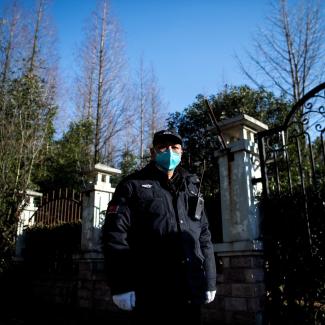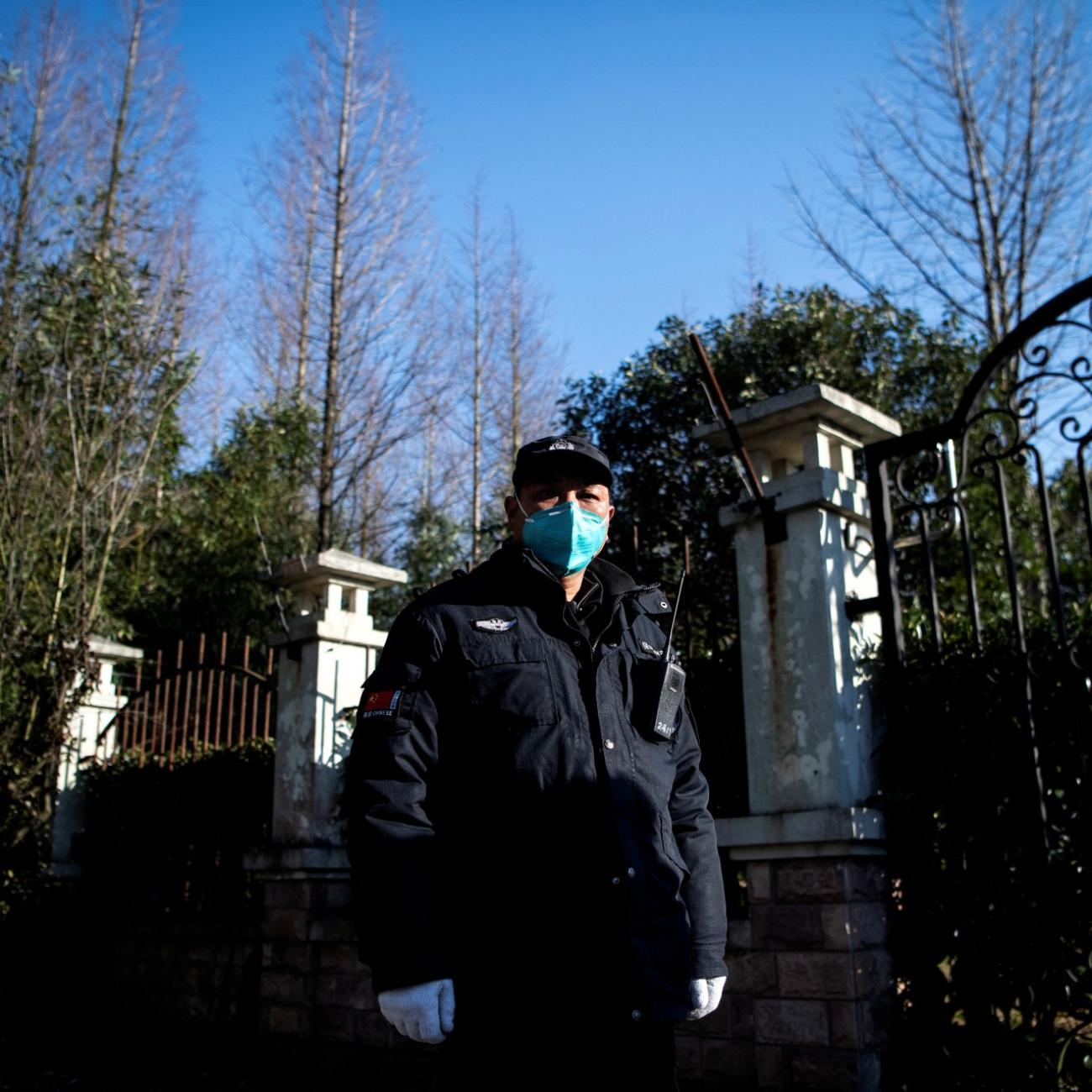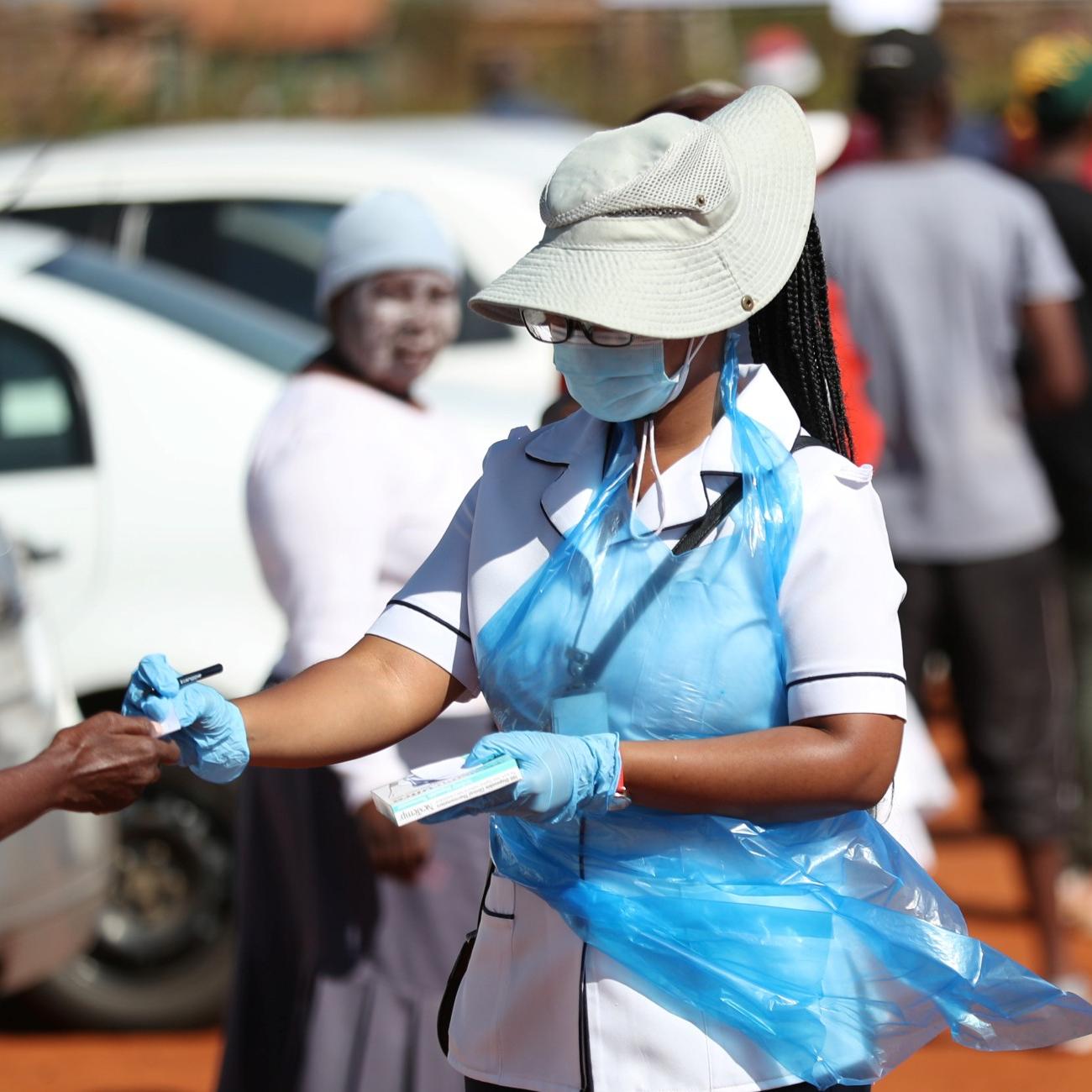This year marks the passage of 140 years since the Berlin Conference of 1884, a pivotal event in Africa's history, the impact of which continues to echo today. Led by Chancellor Otto von Bismarck of Germany, the conference divided Africa into colonies among European powers. Those decisions deepened colonial exploitation of the continent and cast a long shadow over Africa's future. African voices were absent from the conference, which ignored the needs, preferences, and priorities of Africa's peoples.
Fast forward to the twenty-first century. Africa again finds itself at the center of geopolitical competition. In seeking economic, political, and strategic advantages, global powers covet Africa's vast wealth—from minerals to manpower. The cast of geopolitical players has evolved, with Europe now flanked by the United States and China. But the overarching ambition remains unaltered—a concerted bid by global powers to assert control over Africa's resources, perpetuating a scramble reminiscent of the colonial era.
Health has emerged as a battleground in today's geopolitical struggle. In response, African leaders and institutions have proposed creating a new public health order for the continent. The initiative seeks to transform how African nations and their global partners protect and promote the health of Africa's societies. According to Jean Kaseya, director general of the Africa Centres for Disease Control and Prevention (Africa CDC), the strategy can contribute to the "second independence of Africa."
The overarching ambition remains unaltered—a concerted bid by global powers to assert control over Africa's resources
Geopolitics All the Way
The impact of geopolitical dynamics on health security in Africa is profound and cannot be overstated. For example, the extraction of resources, particularly in mineral-rich regions, damages the health of local populations, harms the environment, and fuels armed conflict. The use of child labor in extractive industries—documented extensively in various reports—exposes children to hazardous working conditions and compromises their health and well-being. Conflicts in border regions, including those in the Democratic Republic of the Congo and Sudan, exacerbate health challenges by displacing civilians and disrupting access to health care and other essential services.
As powerful nations prioritize their economic interests in Africa, the health needs of Africans frequently take a backseat. That dynamic leads to fragmented responses and a troubling lack of international cooperation during health crises, ultimately undermining both regional and global health security. Frameworks, such as the International Health Regulations (2005), emphasize the responsibilities of wealthier nations to help poorer ones build health system capacities. However, despite declarations that "no one is safe until everyone is safe," the support from high-income nations to strengthen health system capacity in Africa often falls short.
When Health Aid Does Arrive
The provision of health assistance typically reflects historical or current geopolitical alliances and national self-interests rather than a genuine commitment to global health equity. That reality is evident in the unequal distribution of resources and the troubling prioritization of aid-for-trade approaches over investments in resilient health systems. Such practices perpetuate disparities and hinder progress toward achieving equitable health outcomes across Africa. National and geopolitical priorities even influence the indicators developed to assess levels of health security preparedness.
The interdependence between global health security and resilient health systems has long been appreciated. However, support from high-income countries for investments in the health systems of low-income countries remains fragmented and disproportionately low. Donors channel most of their assistance through nongovernmental organizations (NGOs). That practice perpetuates the cycle of aid dependence and reinforces perceptions that governments are unreliable partners for health system strengthening. The use of NGOs and other nongovernmental actors in building health system capacity results in fragmentation, duplication, and inefficiencies, further deepening aid dependence in the health realm.
More of the Same During and After COVID-19
The COVID-19 pandemic unequivocally highlighted what has long been understood: well-resourced, resilient health systems are critical for global health security. Before and during the COVID-19 crisis, research and reports have recommended more investment to strengthen health systems, especially in low-income countries. Nevertheless, during the worst of the pandemic, richer nations restricted access to life-saving health products. After the pandemic ended, high-income nations have turned to extracting health resources from poorer nations.
As is well known, high-income countries resisted proposals aimed at addressing inequities in access to vaccines and other health resources needed to combat COVID-19. For example, pharmaceutical companies in the European Union and Switzerland lobbied their respective governments to oppose proposals at the World Trade Organization that would enable the waiving of intellectual property rights during public health emergencies. That resistance hindered efforts to ensure more equitable access to essential medicines and vaccines.
In the face of anger about COVID-19 inequities, some high-income countries and their pharmaceutical industries have pledged to support African aspirations to manufacture health products in advancing sustainable development on the continent. However, whether such support will be meaningful or maintained is doubtful.
During the worst of the pandemic, richer nations restricted access to life-saving health products
The COVID-19 pandemic triggered a so-called great resignation of health-sector personnel in high-income countries. In response, some of those nations are recruiting health professionals from Africa. Recruitment advertisements targeting health professionals in countries, including Kenya, exemplify what is happening. That practice further depletes the continent's limited health workforce, which already has one of the world's lowest ratios of doctors and nurses to the population.
A New Public Health Order for Africa
To address the array of problems undermining African health security, the Africa CDC, which is the African Union's public health agency, has proposed the New Public Health Order (NPHO) roadmap. The strategy challenges African nations and their global partners to approach the continent's public health priorities differently. The NPHO identifies five strategic priorities: better coordination, a stronger workforce, expanded manufacturing, increased domestic financing, and mutually beneficial partnerships.
The NPHO stresses that African health security needs more effective coordination of national and continental public health capacity. That goal requires strengthening the Africa CDC and national public health institutions, including building, where needed, new domestic and regional capabilities to facilitate more effective and equitable collective action. Those capabilities should include training, employing, and retaining a specialist workforce—from epidemiologists to frontline community health workers—to manage emergency preparedness and response across the continent.
The NPHO's manufacturing pillar calls for increasing the capacity for producing diagnostics, medical devices, therapeutics, vaccines in African countries. The goal is to reduce Africa's dependence on external aid and make Africa an integral contributor to global health resource networks.
In calling for a new public health order for Africa, the plan recognizes that African governments bear the primary responsibility for investing in their own health systems. The NPHO acknowledges that African governments have underinvested in health systems and failed to fulfill prior domestic-financing commitments, such as the pledge made in the Abuja Declaration in 2001 to allocate at least 15% of annual national budgets to improving the health sector. The NPHO will not happen unless African governments mobilize enough domestic financial, technical, and human resources.
The NPHO's final pillar aims to rectify the historical marginalization of African voices in determining Africa's future so dramatically symbolized by the Berlin Conference 140 years ago. The strategy seeks to ensure the equitable and fair representation of African nations in global health decision-making.
The Berlin Conference neglected what Africans needed. In the twenty-first century, African nations want a seat at the table and the opportunity to play an integral role in shaping and implementing global health initiatives. That ambition requires crafting more trusted, respectful, and mutually beneficial partnerships with other countries and regions. In that sense, the NPHO comes full circle in being guided by the lessons of historical injustice in forging a more equitable future for Africa on the global stage.
Only through concerted efforts can Africans and their global partners create a future where Africa's resources are harnessed responsibly
First Step on a Long Journey
Unlike what was called the scramble for Africa among European powers that the Berlin Conference facilitated, African nations, experts, and institutions, including the Africa CDC, are increasingly involved in international decision-making that affects the continent. Even so, exclusion and marginalization continue in the wake of the COVID-19 pandemic, such as when the World Bank's Pandemic Fund excluded the Africa CDC as an implementing entity. The Lusaka Agenda adopted in December 2023 by governmental and nongovernmental stakeholders in global health identified ongoing power imbalances in the governance of global health initiatives and stressed that such initiatives should align with national plans and government systems.
Global stakeholders remain important for advancing health security in Africa, but ultimate responsibility for such security rests with African governments and their citizens. Governments should prioritize investment in health-care infrastructure, workforce development, and governance to strengthen health systems and ensure the right to health for all. Citizens, in turn, should advocate for their right to health and hold elected representatives accountable for delivering on the government's responsibilities for health security.
In navigating the complex interplay between global health security challenges and the unfolding scramble for resources in Africa, a holistic and collaborative approach is paramount. All stakeholders should recognize the intrinsic link between economic interests, geopolitical rivalries, and the health security of the African continent. Only through concerted efforts can Africans and their global partners create a future where Africa's resources are harnessed responsibly, the health and well-being of the continent's people are prioritized on the global stage, and African governments and institutions are at the forefront of shaping and leading those efforts.
EDITOR'S NOTE: This article is part of a series exploring a new public health order for Africa, guest-edited by Ebere Okereke. The other articles in the series can be found here.




